How Beneficial Bacteria Supercharge Your Plants
What are beneficial bacteria in your garden? Do you dream of having a garden bursting with healthy, strong plants? Most gardeners do! We spend time planting, watering, and deciding what food our green friends need. But what if the real secret to an amazing garden isn’t only about the food you put down, but about the tiny helpers working hard under the ground?
Let me introduce you to Photosynthetic Bacteria (PSB). These incredible beneficial bacteria are like the unsung heroes of the soil. They can truly change your soil and make your garden super strong, helping your plants grow bigger, healthier, and tougher than ever before.
For the past seven years, here at our Suan Sook Homestay in Northern Thailand, we’ve been making and using PSB in our gardens. We started with soil that wasn’t very good and tough growing conditions. But thanks to these amazing microbes for plants, we’ve seen our garden change from nothing into a beautiful, thriving space. This article and the video below will dive into the science of PSB. We’ll show you how these tiny powerhouses work their magic in your garden. We’ll explain everything in a way that’s easy to understand.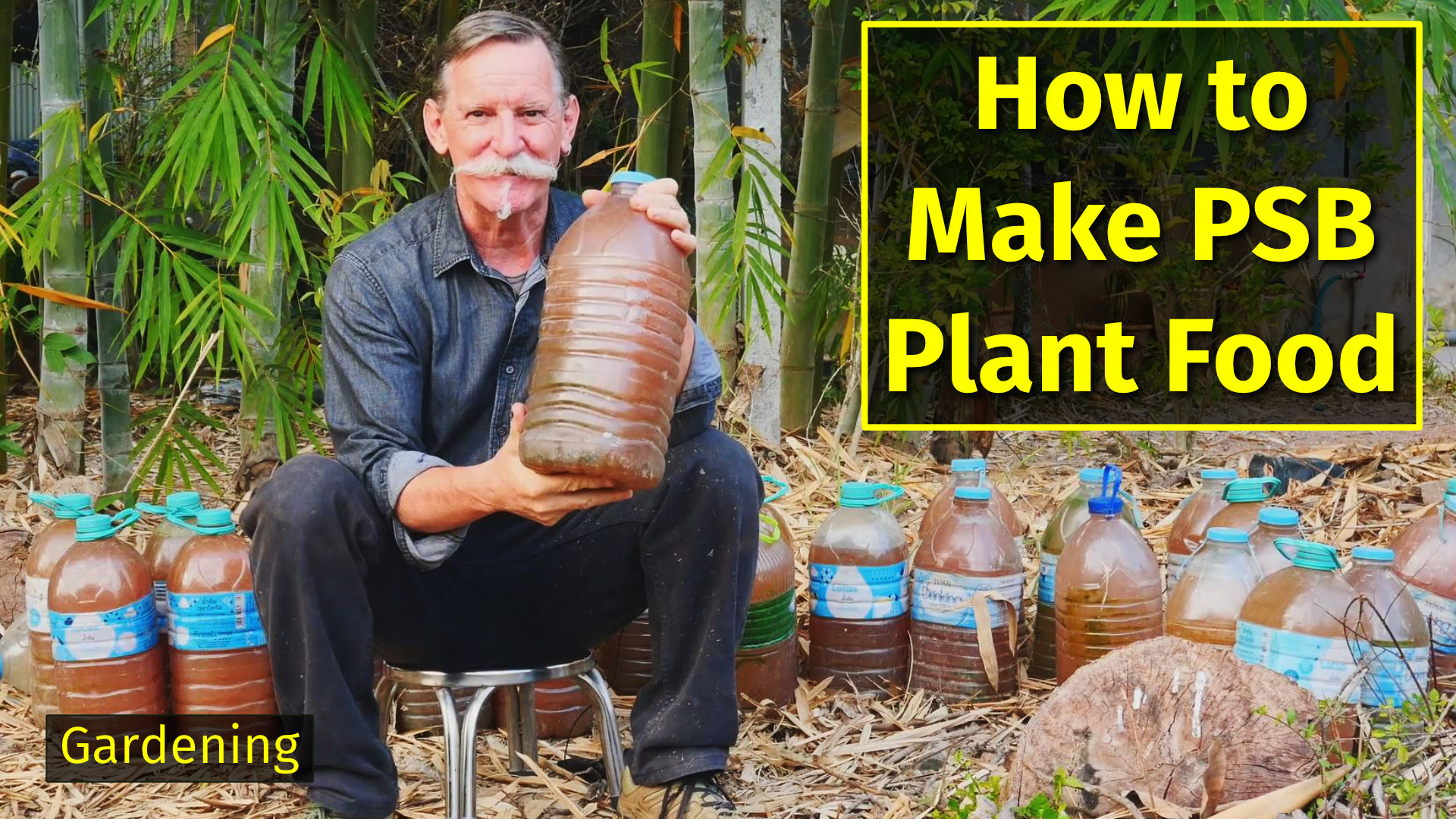
What Are Photosynthetic Bacteria (PSB)? Your Garden’s Secret Workers
PSB are special, good bacteria. Their unique power? They can make their own food. Most other living things can’t use the same energy sources they do.
Think about it this way:
Most plants use sunlight, water, and air (carbon dioxide) to make their food through a process called photosynthesis.
Most other tiny living things (like fungi or many other kinds of bacteria) in the soil get their food by eating dead plants or other small organisms.
But PSB are different. While they can use light energy just like plants, they are also very clever. Some PSB can even use chemical energy from things like hydrogen sulfide. This means they can live in many different places, even where there isn’t much air (oxygen). This special ability to feed themselves and grow well in different conditions makes them amazing friends to have in your garden. Think of them as tiny factories. They run all by themselves. Their job is to make your soil healthier and give your plants natural plant food. 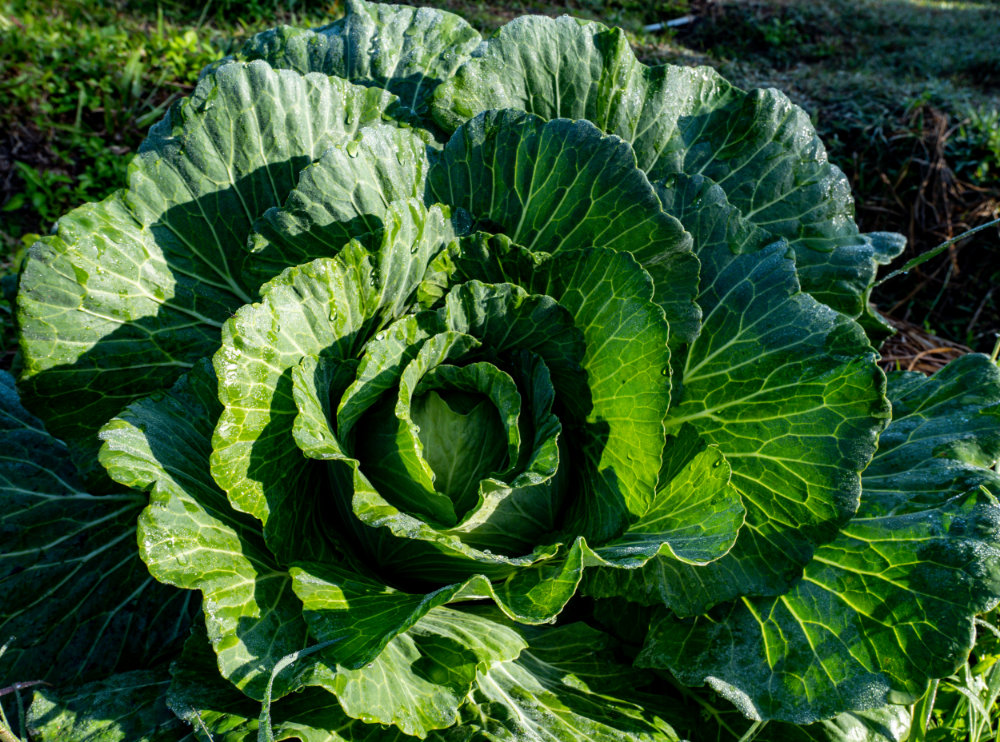
The Invisible Power: How PSB Makes Your Garden Amazing
The real magic of PSB isn’t only that they exist; it’s in the powerful ways they work with your soil and plants. Let’s see how these beneficial bacteria turn your garden into a super garden!
Making Nitrogen Ready: Air for Your Plants!
Imagine this: The air all around us is full of nitrogen – about 78% of it! Nitrogen is super important for plants, especially for making them grow big and green. But even with all that nitrogen in the air, plants can’t use it directly. It’s like having a huge treasure chest full of gold that’s locked, and your plants don’t have the key.
This is where nitrogen fixation comes in. It’s a natural process, and PSB play a huge part in it. They act like tiny, living fertilizer factories right in your soil.
Breaking a Strong Bond:
The nitrogen in the air (called N2) is held together by a super strong bond, making it useless to plants. But PSB, along with other microbes for plants that fix nitrogen (like the ones found in bean plants), have special tools called enzymes. One main enzyme is called nitrogenase. This enzyme is like a powerful tool that can break that tough bond in N2.
Changing to Ammonia:
Once that strong bond is broken, the nitrogenase enzyme helps PSB turn the air’s N2 gas into ammonia (NH3). This is the first big step to making nitrogen useful for living things.
From Ammonia to Plant Food:
When ammonia is made, it changes into ammonium (NH4+) in the soil. Other helpful beneficial bacteria in the soil can then turn ammonium into nitrates (NO3-). Both ammonium and nitrates are the main forms of nitrogen that plants can take in through their roots. This constant supply acts like a steady flow of natural plant food.
Less Need for Chemical Fertilizers:
Because PSB does this natural nitrogen fixation, they keep providing useful nitrogen right to your plants. This means your plants need less nitrogen from outside sources, like chemical fertilizers you buy at the store.
Why is this good?
Good for the Earth: Making chemical nitrogen fertilizers uses a lot of energy, often from gas and oil. They can also cause problems like too much nitrogen flowing into rivers, hurting water life, and releasing bad gases into the air.
This helps you garden in a way that’s sustainable. You can use much less chemical nitrogen fertilizer, or even none at all. This is because beneficial bacteria like PSB boost the natural way plants get nitrogen. This makes your gardening more sustainable and friendly to the environment.
At Suan Sook Homestay, we don’t use any chemical fertilizers. Our plants get all their important foods like Nitrogen, Phosphorus, and Potassium from natural sources. PSB does a big job in our garden by making these foods easy for the plants to absorb and use it. This helps our plants grow healthier and means we don’t have to use man-made chemicals.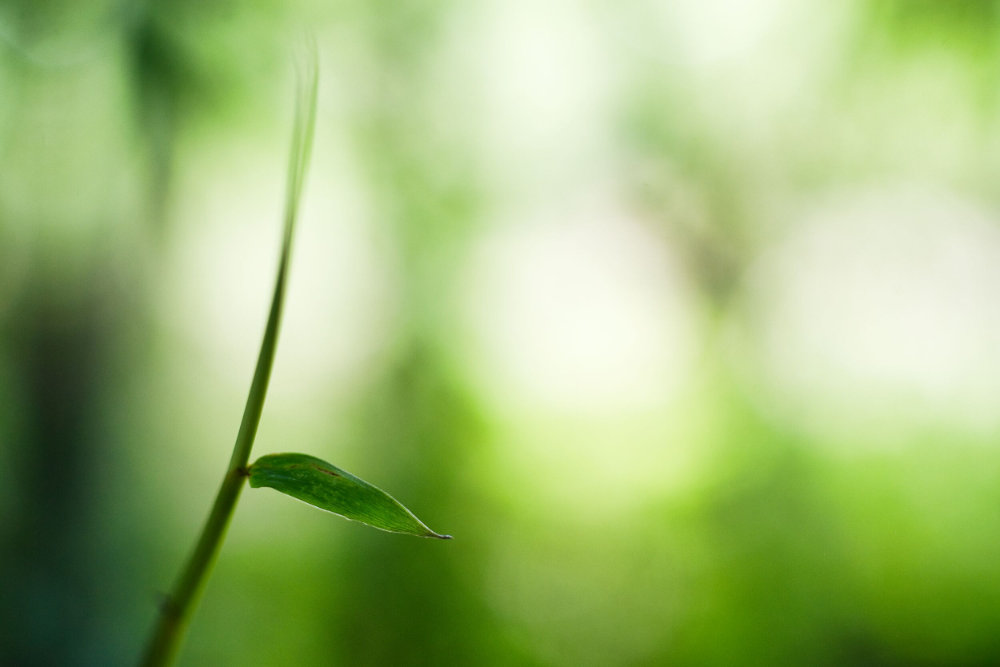
Unlocking “Stuck” Phosphorus: Feeding Roots and Flowers
Phosphorus is another super important food for your garden. It’s vital for strong roots, beautiful flowers, and lots of fruit. But a lot of the phosphorus that’s already in your soil is “stuck”—it’s tightly held by minerals like calcium, iron, and aluminum. Plants can’t use it in this “stuck” form. It’s in the soil, but your plants can’t get to it.
PSB comes to the rescue by helping to unlock this important food. They do this through a process called phosphorus solubilization. Here’s how:
Making Organic Acids:
PSB release different organic acids (like gluconic acid or lactic acid) into the soil. Think of these acids as tiny, gentle tools that can loosen things up.
Loosening the Grip:
These acids work by dissolving the strong connections that hold phosphorus to soil minerals. This changes the “stuck” phosphorus into forms that plants can easily use, like orthophosphates. Your plant roots can then absorb these forms.
When PSB makes this phosphorus available, it directly helps your plants. They can then grow strong roots, make lively flowers, and produce lots of fruit. This reduces the need for extra phosphorus fertilizers. It’s a constant supply of natural plant food right where your plants need it.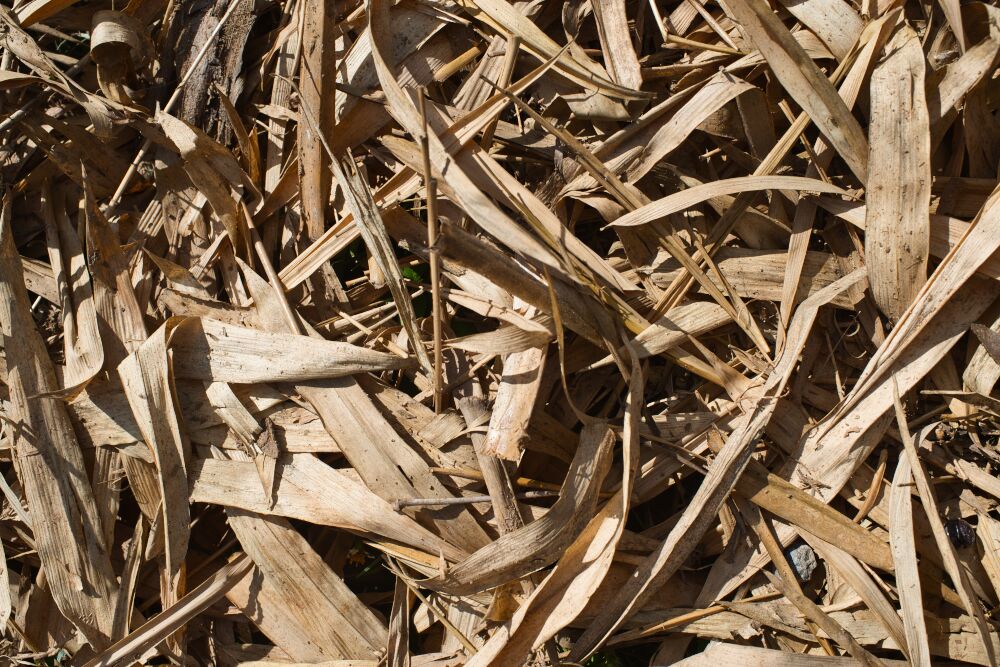
Decomposing Dead Stuff: Nature’s Recycling Team
PSB also play a very important role in breaking down dead plants and other natural materials in the soil. While many other microbes for plants help with this, PSB have special ways of doing it:
Breaking Down Complex Bits:
PSB have special tools called enzymes. These enzymes help break down the tough parts of dead plants. This includes things like wood, plant fibers, and proteins.
Getting Nutrients Back:
When PSB break down these materials, they set free important nutrients. These include nitrogen, phosphorus, and other micronutrients stuck inside the dead plants. This means plants can use these foods again, finishing nature’s recycling job.
More Good Microbes: When PSB are active, they help more kinds of healthy beneficial bacteria and other soil microbes for plants grow. This creates a bigger, better “recycling team” in your soil.
These beneficial bacteria make natural recycling happen faster. This means old, dead waste turns into natural plant food for your plants to use right away. This makes your soil richer and means you need to buy fewer outside fertilizers. This helps with soil structure improvement over time.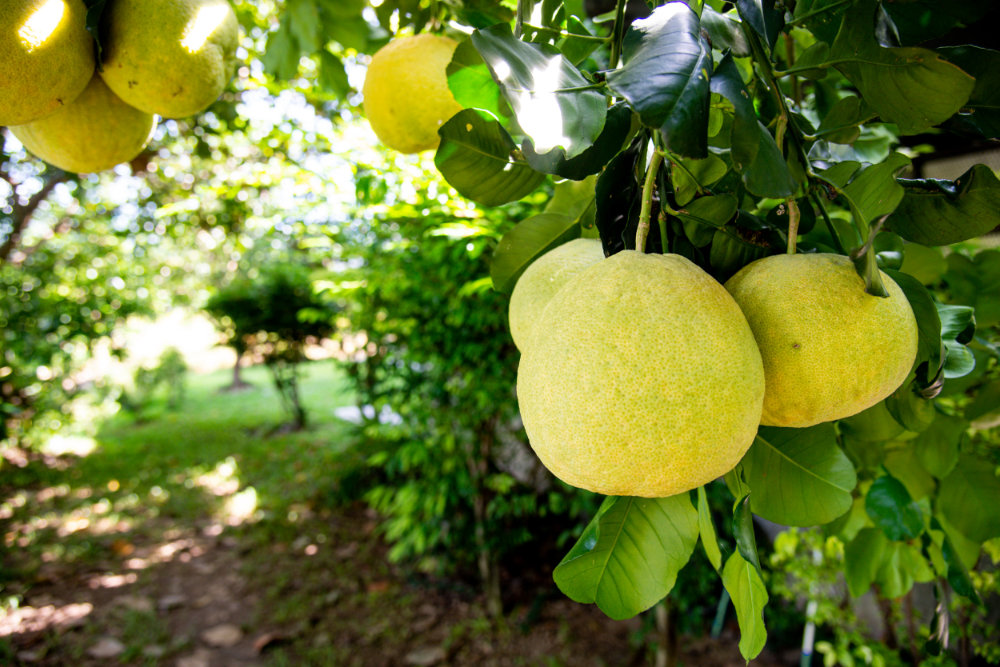
Natural Plant Growth Hormones: Making Plants Stronger from the Inside
Besides helping with nutrients, some PSB also help plants grow by making natural plant hormones. The two main types of hormones they make are auxins and cytokinins.
Auxins are super important for root growth. They help plants grow strong, deep, and wide root systems. A plant with better roots can soak up more water and food, making it tougher and healthier.
Cytokinins help plant cells divide and grow, which leads to stronger overall plant vigor. This means plants grow bushier, have stronger stems, and often produce more fruit. They can even help leaves stay green and healthy for longer!
By making these good hormones, PSB act like natural growth boosters. They help make your plants healthier and stronger, and can even lead to more produce from your garden. These microbes for plants are truly a secret tool for lively plants!
Fighting Off Sickness: Your Plant’s Invisible Shield
Think of the area around your plant’s roots like a busy city under the ground – it’s the soil microbiome. A healthy soil ‘city’ has lots of good citizens. PSB helps grow many of these beneficial bacteria. These good citizens then protect your plants from getting sick, in some smart ways:”
Fighting for Food and Space:
The good microbes for plants are always eating nutrients and taking up space around the roots. With lots of good bacteria present, there’s less food and less space available. This makes it harder for harmful pathogens—the tiny things that cause plant diseases—to settle down and multiply. They simply out compete the bad guys for what they need to live.
Stopping Bad Guys:
Certain beneficial bacteria, including some PSB, can fight pathogens. They might make special chemicals that hurt the bad guys. Or, they can directly attack them. They act like the “immune system” or “police force” of the soil, keeping your plants safe.
Making Plants Stronger:
A lively and active soil microbiome can also make the plant’s own natural defense system stronger. This makes the plant itself better at fighting off diseases.
It’s a lot like how a healthy gut microbiome works in humans: when you have lots of good bacteria in your gut, they keep the bad bacteria in check. This leads to better overall health and helps you fight off sickness. For plants, PSB helps create that strong, protective team underground.
Better Soil Structure: The Strong Foundation for Healthy Plants
Soil structure is about how the tiny bits of soil (like sand, silt, and clay) are grouped together into bigger clumps called aggregates. A healthy soil with good structure is loose, crumbly, and full of small holes – kind of like cottage cheese.
The activity of microbes for plants, especially with the help of PSB, is super important for making and keeping these clumps strong. This leads to big soil structure improvement:
Microbial “Glues”:
Beneficial bacteria and fungi (even PSB) create sticky materials. These are like natural sugars and proteins. They act as tiny ‘glues,’ pulling soil particles and dead plant pieces together. This forms strong clumps.
Fungal Webs:
Tiny, thread-like parts of fungi (called hyphae) physically wrap around soil particles. They create a net that holds the clumps together.
This better clumping creates many different pore spaces (small holes) in the soil.
More Air:
Bigger holes allow air to move freely. This brings oxygen, which is vital for plant roots to breathe and for all the other helpful soil creatures.
Better Water Flow & Holding:
These holes act like little sponges. They let water soak into the soil easily (so less water runs off) and then hold that water inside the soil. This keeps moisture available for plants even when it hasn’t rained in a while.
So, PSB helps build soil that is stronger, can “breathe” better, and holds water more effectively. This is a basic must-have for healthy plant growth and a clear example of soil structure improvement.
Handling Dry Times: Making Gardens Tougher
Photosynthetic Bacteria (PSB) also significantly help plants handle dry weather better. They do this in two main ways:
Better Roots:
As we talked about, PSB make auxins that help plants grow deeper and wider root systems. When roots are big and strong, plants can search a larger area of soil to find water. This is super helpful when the topsoil gets dry, as they can reach water deeper down. Your plants become better at finding water!
Improved Soil Structure:
PSB helps create strong soil aggregates, which leads to better air flow and a more porous soil structure. This improved soil structure improvement makes the soil better at soaking up water like a sponge and then holding that water for longer. This means less water runs off, and more moisture stays in the soil, ready for your plants, even after many days without rain.
By giving plants both a better root system to find water and a soil that holds water better, PSB work together to help plants get and keep water more easily. This helps your plants handle dry times much better. Your garden can keep growing strong, even when the weather isn’t perfect. It’s an amazing benefit of working with these beneficial bacteria.
Our Journey with PSB at Suan Sook Homestay
As I mentioned, we’ve been making and using Photosynthetic Bacteria here at Suan Sook Homestay for about seven years. We started with soil that was quite difficult, but by using these microbes for plants and other organic methods, we’ve seen an amazing change. Our garden is now lively and gives us lots of produce, showing just how great a healthy soil can be.
It’s good to know that not all PSB strains will make exactly the same amounts of plant hormones or do every job with the same strength. Because PSB is a living thing and all-natural, what you start with can change it. Also, the sunlight and temperature can make small differences when you’re making your own PSB. But the main benefits and good impacts are always there.
If you’re curious about how these tiny beneficial bacteria work, and if you want to see our thriving garden in action, watch the video below! It gives a great visual tour of everything we’ve talked about.
Using PSB in Your Garden
For a general guideline, a common and safe starting point for many liquid organic fertilizers is a dilution ratio of 1:100. This means for every 1 part of PSB, you would mix it with 100 parts of water.
For example:
– For a 10-liter watering can: You would add approximately 100 milliliters of PSB.
– For a 1-gallon jug: You would add approximately 1.28 fluid ounces (about 2.5 tablespoons) of PSB.
We do often mix ours stronger than this and have seen no adverse effects. It is best to start with a weaker dilution and increase the ratio over time, as your PSB may be different, (stronger or weaker) than ours.
Want to Make Your Own PSB?
If you’re excited about PSB, you might want to make your own homemade fertilizer. This will bring all these great benefits to your garden. Check out our other video about making PSB.
When you understand and use the power of beneficial bacteria like PSB, you do more than just feed your plants. You’re actually building a strong, healthy living system right in your garden. It’s all about working with nature to get amazing results!